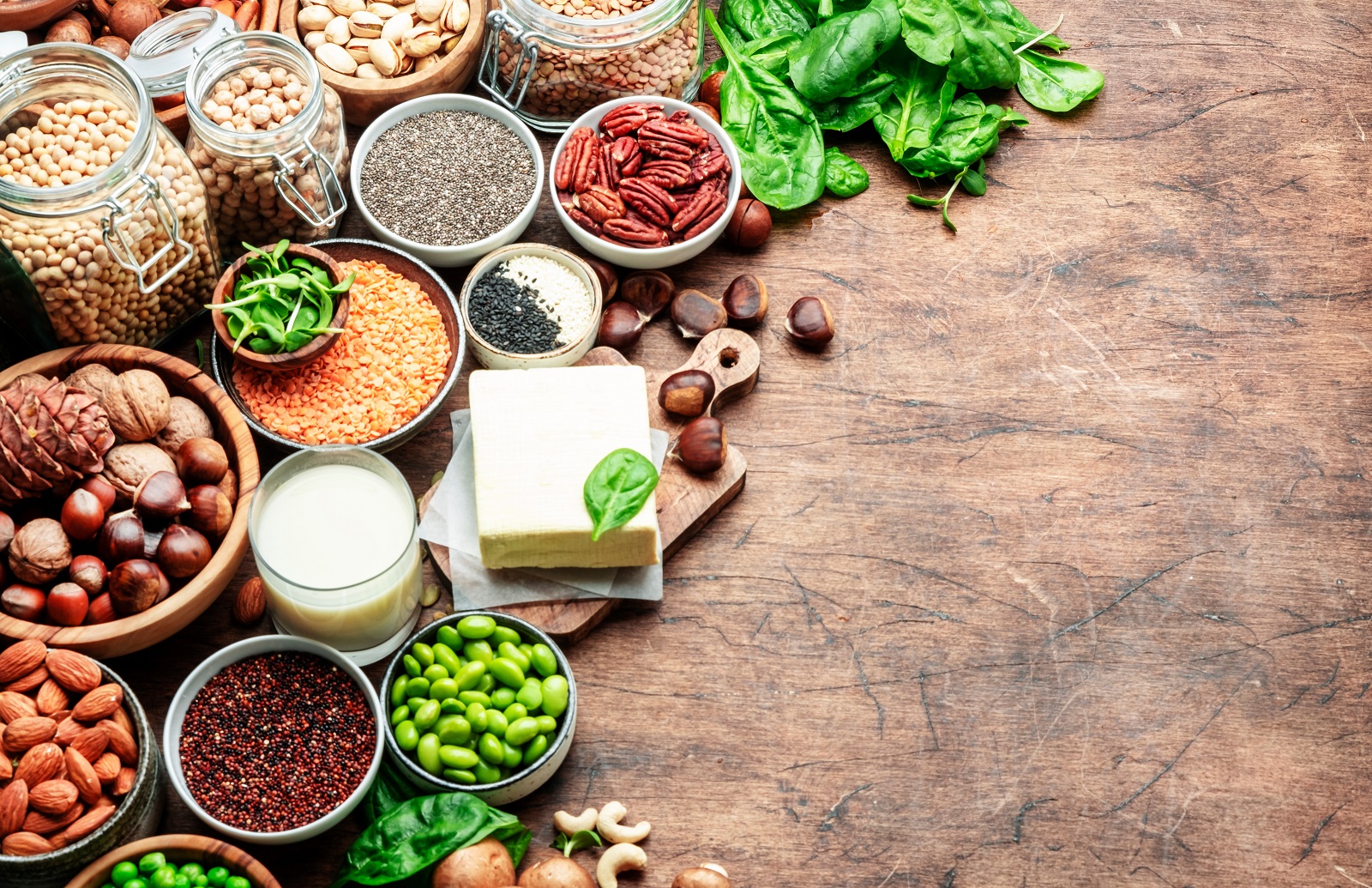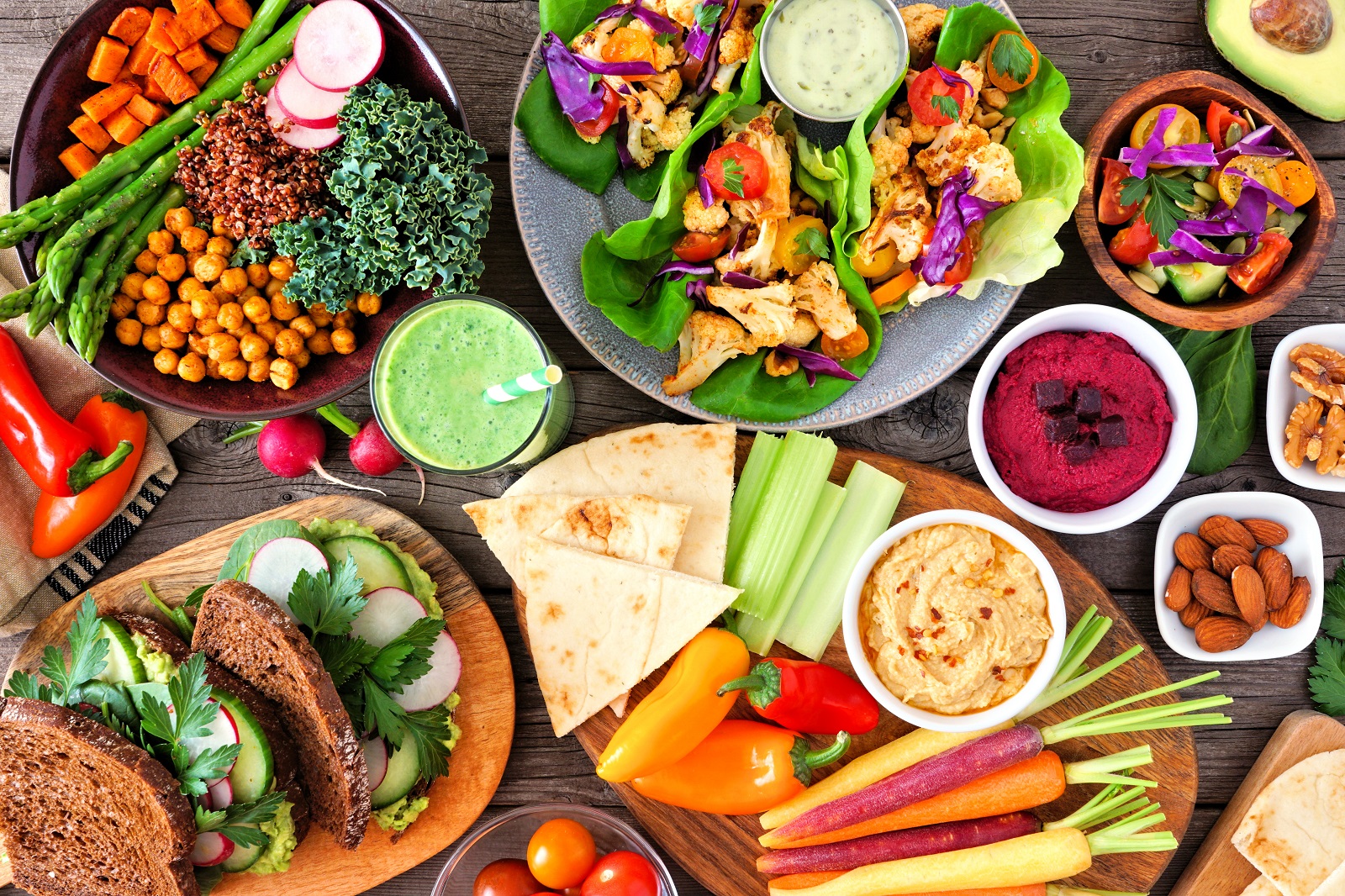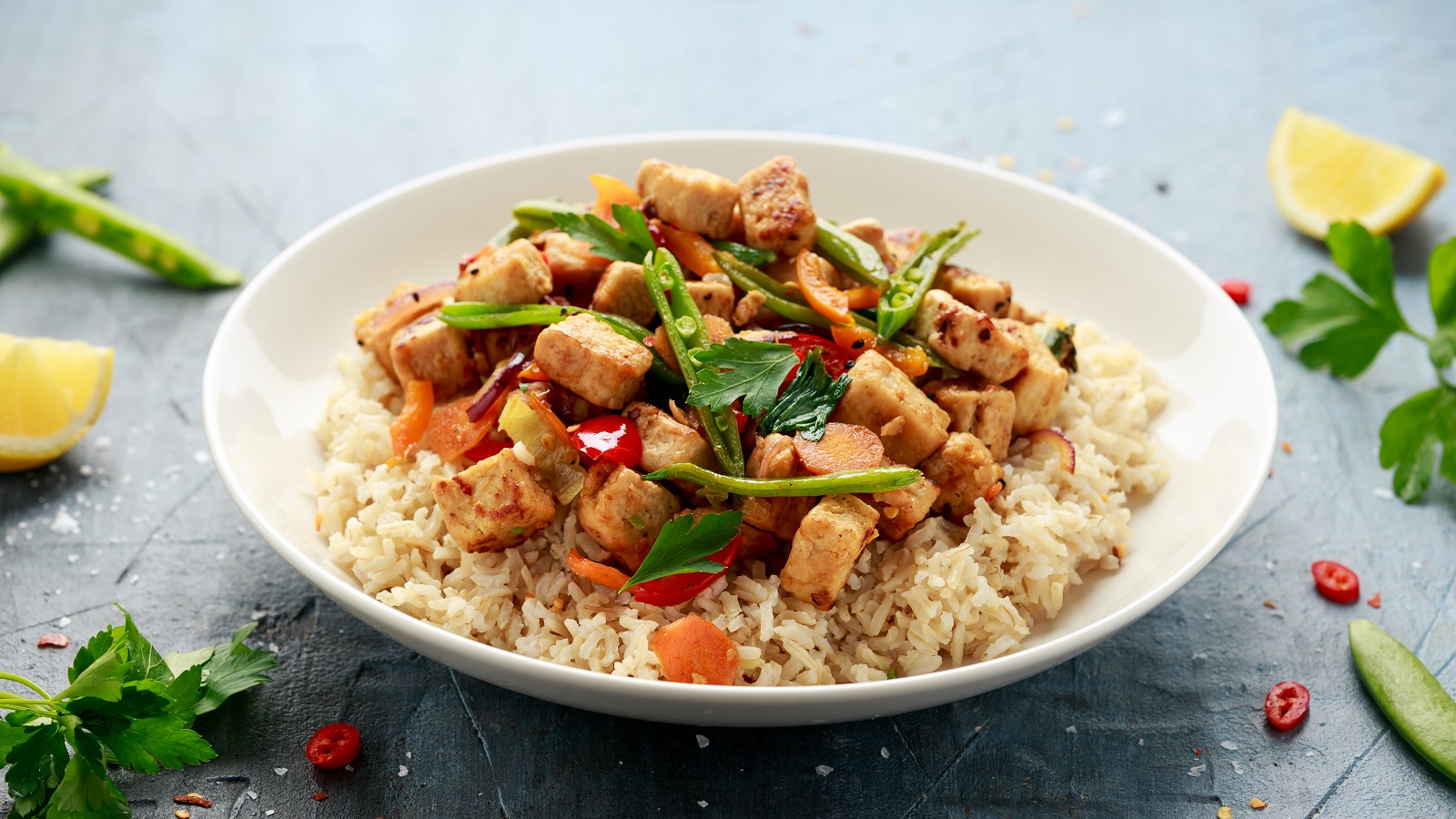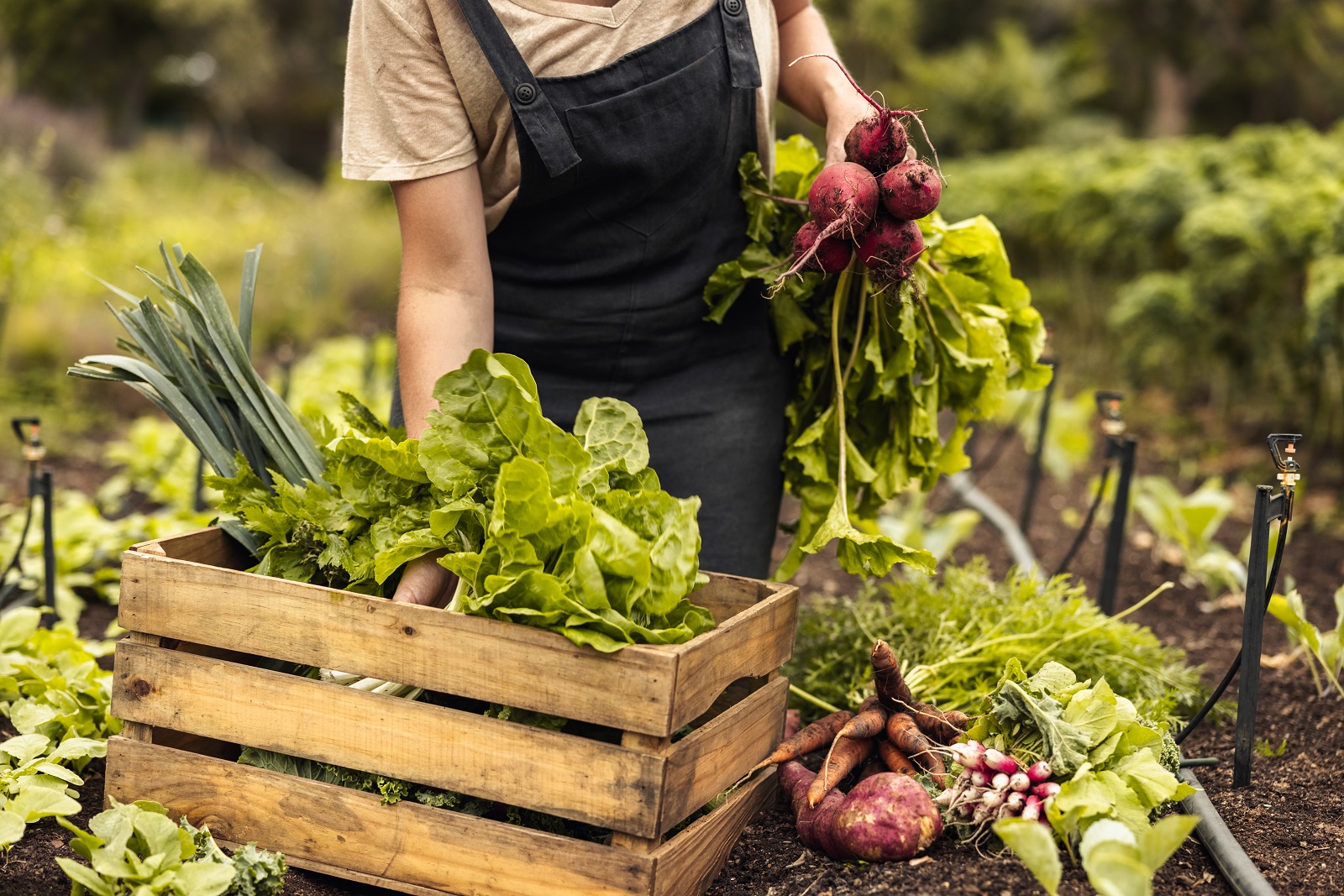It’s no secret that the developed world is slowly moving towards a more sustainable, eco-friendly and climate-aware way of life. We see more and more people transitioning to plant-based diets, such as veganism and vegetarianism. Meat is no longer thought of as a necessity for health and longevity. The global food market is paying more and more attention to whole foods and organic products that have no GMOs and no artificial ingredients.

To match this shift in lifestyle, the food supplement industry has also gone green. Many companies have launched whole series of products, designed to cater to the needs of their vegan and/or vegetarian customers. Whether it’s protein powder, sourced from peas, soy, and rice, a plant-based amino acid supplement or even vegan collagen, the global market for health, fitness & wellness supplements has undergone a much necessary change.
Everbuild Nutrition recently made its contribution – we launched our very own
Plant Protein, understanding that our audience has different preferences. It contains high-quality pea, soy, and rice protein isolate, which not only contains a high percentage of protein, but is also very easily digested and absorbed. If you’re looking for a way to boost your plant-based diet and make it even healthier, look no further –
we’ve got you covered.
More about our Plant Protein later, though!
Now, let us take a closer look at some of the best plant sources of
protein and talk about ways to incorporate them into your daily life. If you’re already vegan or vegetarian, we might help you discover something new; if you’re a heavy meat eater, however, don’t despair – you won’t have to forget about those tasty steaks and patties! If anything, adding a bit of culinary variety will definitely feel good in the long run. Not to mention how well some of the foods we’re about to cover go along with meat!
First things first – How does plant-based protein compare to animal protein?
.jpeg)
For starters, animal protein is considered “complete”. This means that you can find all 9 essential amino acids within your favorite slice of meat or that crispy
fish filet you had last Sunday. Essential amino acids cannot be produced by our bodies, so the only way to get sufficient quantities of them is through food and/or food supplements.
On the other hand, most plant sources of protein are “incomplete”, which means that they lack all 9 EAAs (essential amino acids). However, that doesn’t necessarily mean that a plant-based diet can’t cover your amino acid needs. In fact, by combining different vegetables, legumes, and nuts, you can easily get enough of those much needed amino acids.
It’s important to note that if you’re a fitness enthusiast, an athlete, or someone who aims to
build muscle and
lose fat, you’ll need a hefty amount of
BCAAs. BCAAs (branched-chain amino acids) are vital for muscle growth and tissue repair. Although they’re primarily found in meat, luckily for you, most plant-based protein powders also contain a good amount of high-quality BCAAs. Apart from that, if you’re not a fan of supplements, a plant-based diet will absolutely do the job as well, albeit a bit slower.
Another point of comparison is the nutrients each protein source provides. Animal products contain a lot of B vitamins, B12 in particular. Plant sources, although poor in vitamin B12, offer a high amount of fiber, which helps the digestive system and counteracts the troubles associated with the overconsumption of meat, namely – constipation. Apart from that, plant protein has way less saturated fats, which can cause a plethora of health problems.
As many studies have shown, the consumption of red meat and processed meat products leads to a higher risk of heart disease, some types of cancer, and obesity. Plant-based protein, on the other hand, isn’t linked to any of those health complications. It is perfectly safe to eat, even in large quantities.
Lastly, the production of plant protein is less resource-intensive and is less damaging to the environment. It causes fewer greenhouse gas emissions than animal protein production and from an ecological standpoint, opting for plant-based proteins can be more sustainable.
Plant protein sources – the best of the bunch

If you’re wondering what to look for next time you go to the grocery store, here’s a comprehensive list of all the foods that contain high-quality protein. Feel free to save this list and refer to it anytime you need it!
Beans, Broccoli, Chickpeas, Greens, Lentils, Nut Butter, Nuts and Seeds, Peas, Potatoes, Quinoa, Seaweed, Soymilk, Spinach, Tempeh, Tofu, Veggie Patties.
And as we promised, here are some plant-based recipes to fuel your protein needs and helplessly watch as your taste receptors tremble in ecstasy and bliss!

Quinoa Hemp Tabouli
Black Bean Brownies
Protein Pancakes With Spinach and Chia
Tempeh & Broccoli
Sweet Potato Chili
Everbuild Nutrition’s Plant Protein
Alright, now that we’ve covered all the benefits of plant protein, let’s jump to our very own product.
It’s the game-changing trifecta of pea, rice, and soy protein isolates. This carefully balanced blend is designed to provide a complete amino acid profile, ensuring your body receives the nutritional building blocks it needs, all while keeping it purely plant-based.
Within this unique blend, each protein isolate plays a vital role. Pea protein isolate delivers a rich array of essential and branched-chain amino acids, promoting muscle recovery and growth. Rice protein isolate, while low in lysine, pairs perfectly with pea protein to ensure a well-rounded amino acid profile. Lastly, soy protein isolate enhances the mix with additional beneficial nutrients and antioxidants, contributing to overall wellness.
With a whopping 22.8 grams of protein per serving, and 20 total servings,
Plant Protein is perfect for everyone who wishes to fortify their plant-based diet!
In Conclusion

Whether you’re an avid meat eater, a diehard vegan or an omnivore, eating everything that comes your way, plant protein can offer you a ton of benefits. They’re packed with nutrients, such as vitamins and minerals; they’re usually cheap, affordable, and easy to cook.
Don’t think that being vegan means you’re going to starve to death or be malnourished. It’s all a myth. Not to mention that going plant-based and eating less meat doesn’t only promote your health but it has tons of environmental benefits as well.
And if you’re wondering where to start from, don’t hesitate to look into our
Plant Protein!
Click me!
Everbuild Nutrition 



.jpeg)


